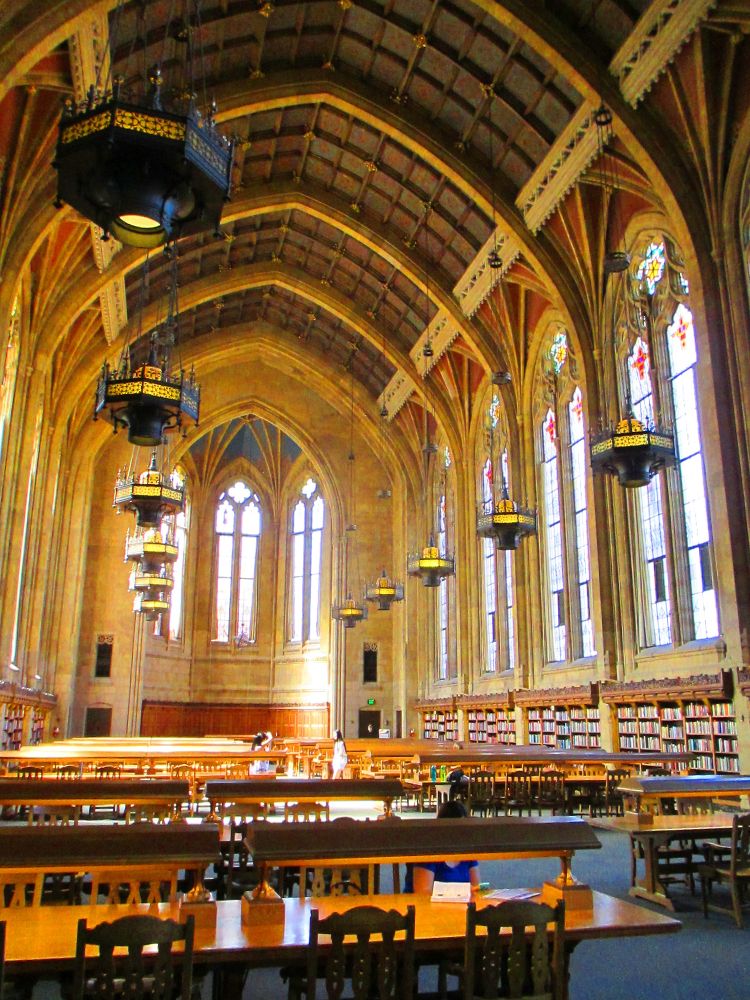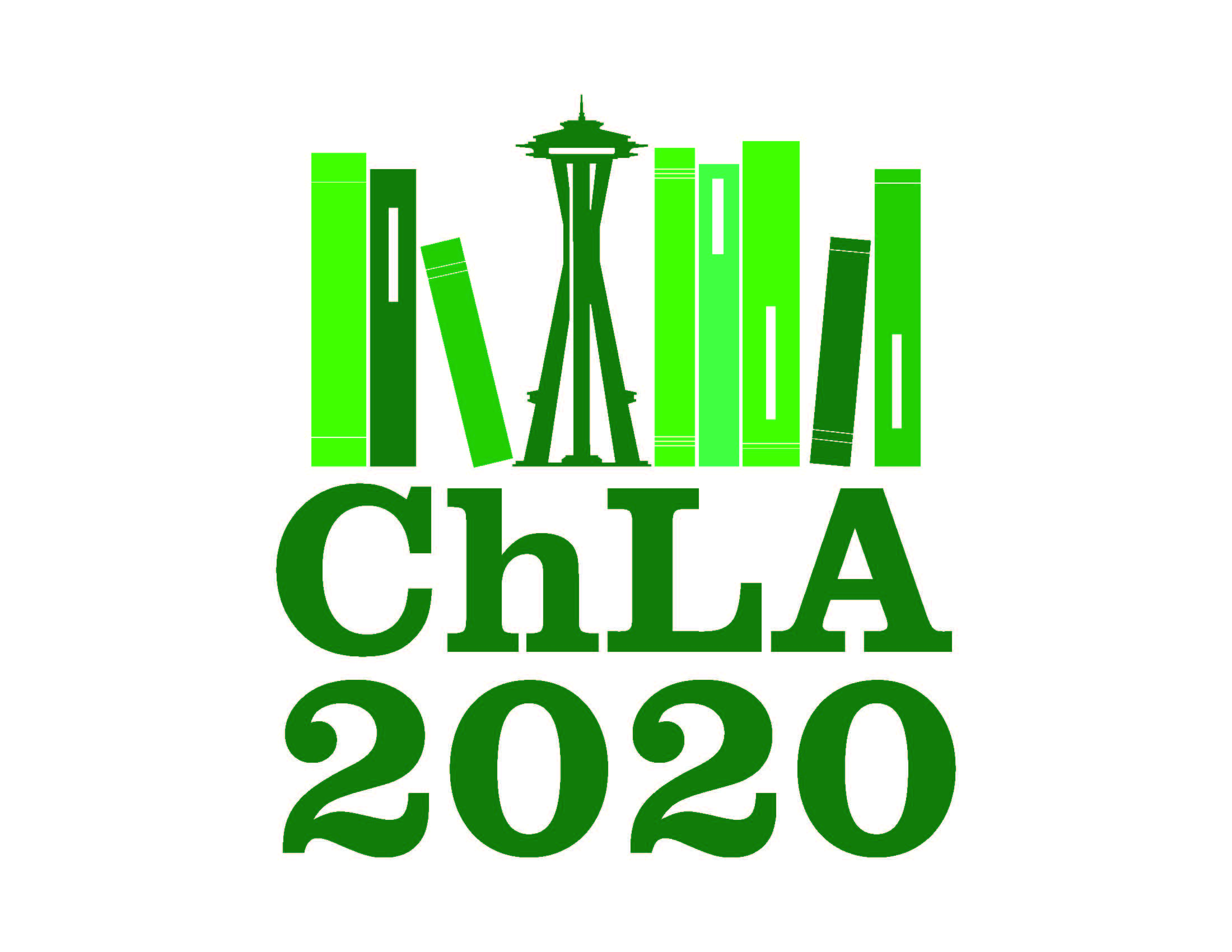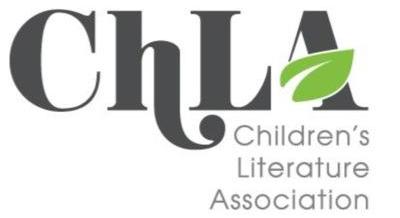|
Hosted by University of Washington | June 18-20, 2020
Bellevue, Washington | Hyatt Regency Bellevue
Theme:
Sustainability Through Story: Eco-Justice, Children's Literature, and Childhood
 Critical issues related to ecological justice figure prominently in today’s literature for children and young adults, from picture book biographies of Wangari Maathai and the Green Belt Movement, to Jaden Anthony’s graphic novel series Kid Brooklyn, middle readers like Katherine Applegate’s The One and Only Ivan, and young adult novels like Cherie Dimaline’s The Marrow Thieves. Real-life child activists such as nine-year-old Ridhima Pandey in India and thousands of schoolchildren across the UK are fighting back and going on strike to save their planet. These real and fictional children embody eco-justice as they transform the politics of climate change and the results of settler colonialism by creating new green movements throughout the world. Critical issues related to ecological justice figure prominently in today’s literature for children and young adults, from picture book biographies of Wangari Maathai and the Green Belt Movement, to Jaden Anthony’s graphic novel series Kid Brooklyn, middle readers like Katherine Applegate’s The One and Only Ivan, and young adult novels like Cherie Dimaline’s The Marrow Thieves. Real-life child activists such as nine-year-old Ridhima Pandey in India and thousands of schoolchildren across the UK are fighting back and going on strike to save their planet. These real and fictional children embody eco-justice as they transform the politics of climate change and the results of settler colonialism by creating new green movements throughout the world.
The Information School (iSchool) at the University of Washington invites ChLA conference attendees to Washington State, home to twenty-nine federally-recognized tribes and several non-federally-recognized tribes. The University of Washington occupies the land of the Coast Salish people. This land touches the shared waters of all tribes and bands within the Suquamish, Tulalip, and Muckleshoot nations, and this context is essential to our understanding of the Pacific Northwest region. Our conference will be held in Bellevue near Seattle, an area known for its commitment to eco-activism as well as for its relationship to technological and social advancement. The impact of these relationships  on the natural environment as well as on the lives of Indigenous and non-Indigenous people is of paramount importance in this discussion. This Call for Papers invites an expansive array of interdisciplinary topics on the cultural, political, historical, and contemporary impact of children’s literature in relationship to the environment. While ChLA always welcomes topics of interest related to children’s literature, children’s culture, childhood studies, and related fields, we encourage scholars to give particular consideration to the following topics: on the natural environment as well as on the lives of Indigenous and non-Indigenous people is of paramount importance in this discussion. This Call for Papers invites an expansive array of interdisciplinary topics on the cultural, political, historical, and contemporary impact of children’s literature in relationship to the environment. While ChLA always welcomes topics of interest related to children’s literature, children’s culture, childhood studies, and related fields, we encourage scholars to give particular consideration to the following topics:
- Portrayal of the environment in children’s literature
- Analysis of the visual or performing arts as subjects of ecological critique
- Young people and ecological justice activism in children’s literature
- Young people’s reactions to climate change
- Ecocriticism and children’s literature
- Ecocriticism, Indigenous Studies, and childhood
- Indigenous futurisms
- Discussions of the connections between racial violence and the outdoors (as in A Wreath for Emmett Till, Strange Fruit, How High the Moon)
- Animals and non-human species in children’s literature
- Representations of the environment in nonfiction, creative nonfiction, speculative fiction/fantasy
- Biographies for young people about environmental activists
- Authors and/or illustrators whose work focuses on children and/or animals in the outdoors
- Decentering anthropocentrism and Whiteness
- Space and place in graphic narratives, such as picture books & comics
- Analyses of genders, sexualities, and environments, including LGBTQIA+
- Representations of environmentalist movements in texts for young people
- Addressing tensions between sustainability and development
- Postcolonial critiques of space and place in children’s literature; postcolonial ecocriticism
- Representations of children’s experiences of the environment in urban spaces
- Decolonizing representations of land in children’s literature
- Posthumanism and its relationship to the environment
- Fake or fantastical science in texts for young people
Conference Information & Links
2020 Conference Rates and Cancellation Policy
Be sure to follow us on social media!
 
|


 Critical issue
Critical issue on the natural environment as well as on the lives of Indigenous and non-Indigenous people is of paramount importance in this discussion. This Call for Papers invites an expansive array of interdisciplinary topics on the cultural, political, historical, and contemporary impact of children’s literature in relationship to the environment. While ChLA always welcomes topics of interest related to children’s literature, children’s culture, childhood studies, and related fields, we encourage scholars to give particular consideration to the following topics:
on the natural environment as well as on the lives of Indigenous and non-Indigenous people is of paramount importance in this discussion. This Call for Papers invites an expansive array of interdisciplinary topics on the cultural, political, historical, and contemporary impact of children’s literature in relationship to the environment. While ChLA always welcomes topics of interest related to children’s literature, children’s culture, childhood studies, and related fields, we encourage scholars to give particular consideration to the following topics:
